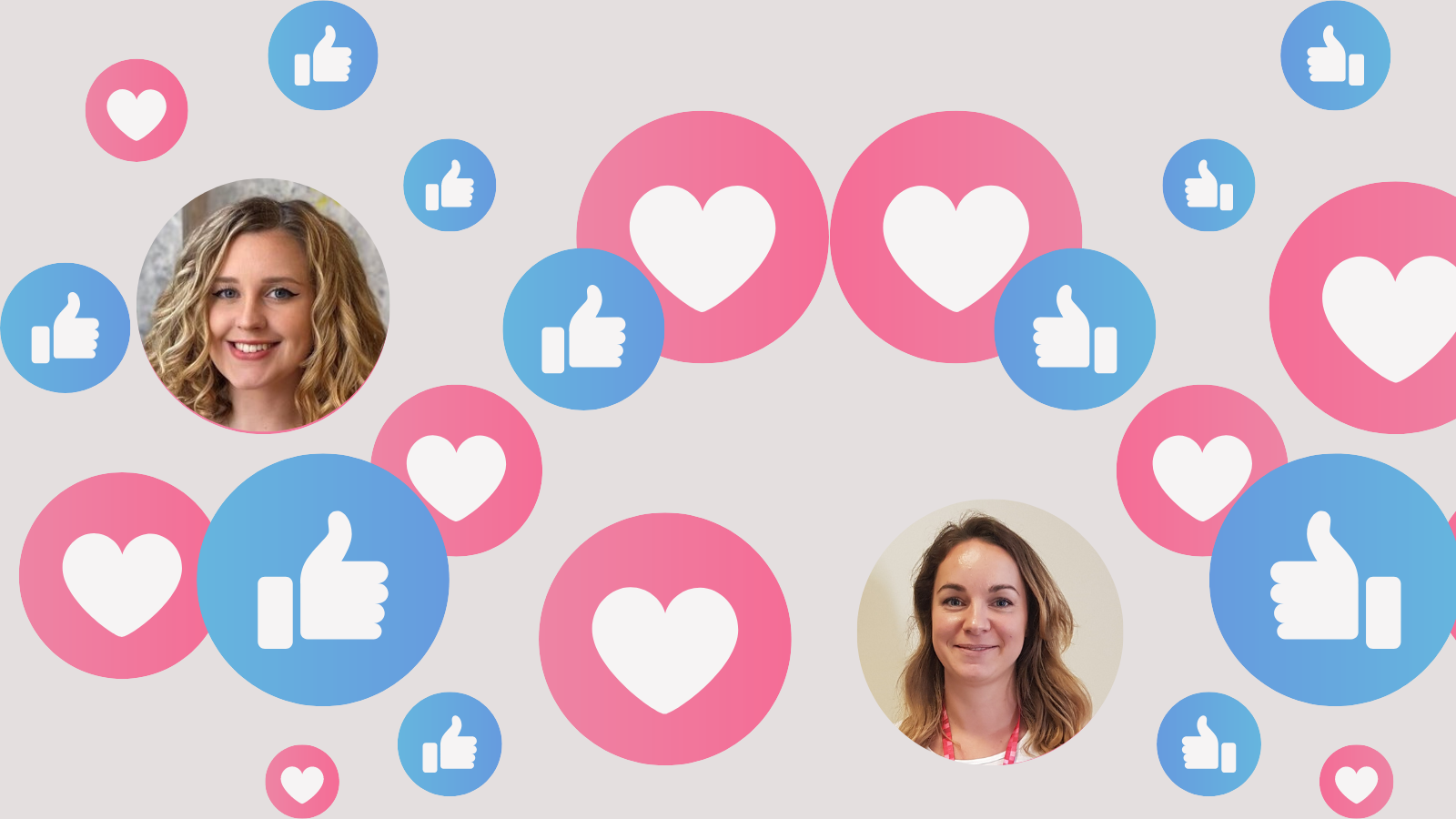Researchers Emily Lowthian and Rebecca Anthony have won funding from eNurture (UKRI) to conduct research on young people’s online communication behaviours and risks and benefits to their social, physical and mental wellbeing.
The researchers will conduct latent class analysis of young people’s online behaviours using rich datasets from Understanding Society‘s COVID-19 panel surveys. They will examine how different patterns of online communication are associated with mental well-being at that time and longitudinally.
The project will be guided and supported by young people in Patient Public Involvement groups in TRIUMPH (Glasgow) and the Wolfson Centre (Cardiff University). The findings will be used to co-produce a resource for young people about how their online communication behaviours can be positive or negative for well-being.
The eNurture Network is a UKRI funded network that fosters new collaborations to promote children and young people’s mental health in a digital world. It brings together academic researchers, professional advisers and partners from public, private and third sector organisations.
Dr Lowthian outlined the plans for the project: ‘We will co-produce a resource for young people about our study, in an accessible, co-produced format – depending on what young people tell us.’
Dr Anthony added: ‘We know that for many young people social media can be positive for their well-being, while for others it can be harmful. This research will examine detailed information about who young people are communicating with, and how they are doing it, and the associations with mental well-being. We hope it will raise awareness of potentially beneficial or harmful patterns of online communication. We are extremely grateful for the funding to allow this work to go ahead.’
Watch this space for future updates on the project.
Rebecca Anthony is a Research Associate at DECIPHer and Wolfson Centre for Young People’s Mental Health.
Emily Lowthian is a Lecturer at Swansea University in the Department of Education and Childhood Studies. She completed her PhD at DECIPHer in 2021.
